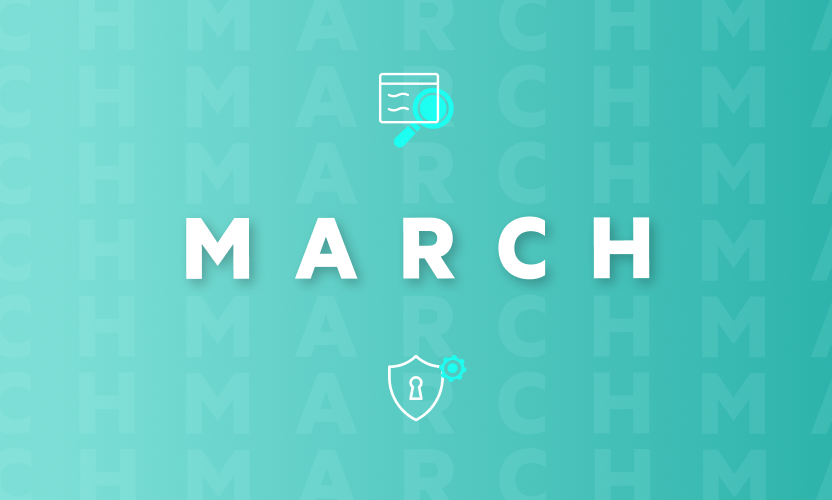
10 Ways to Keep Your Devices and Data Secure Online
Here are my top recommendations for people who want to increase the safety of their devices and data online. Please note “increase safety,” isn’t equivalent to “ensure 100% security,” because although 100% security doesn’t exist, we should still strive for it. It’s important to remember that maintaining security requires us to continually apply and update best practices to an ever-evolving digital landscape.Securing devices:Make it harder for hackers to breach your data/device by keeping your software up to date. Updating your web browsers, operating systems and other software can prevent hackers from using publicly known exploits in cyber attacks.
- Install AntiVirus software that also scans HTTPS traffic to protect you from phishing scams. Scanning web content for signatures and patterns that match those of potentially malicious websites will protect you from downloading files from unknown sources. Modern AntiVirus software from trusted vendors can also protect you from ransomware attacks..
- Always use common sense when browsing the Internet or plugging something into your computer, because software should only serve as one of many layers in your protective cake. Be cautious when clicking links sent in unexpected emails, avoid downloading pirated software, and only access e-commerce sites that support HTTPS.
- Use strong passwords (Password Strength) and a password manager so you don’t need to remember them all.
- Whenever possible, use two-factor authentication so in the event that your password gets leaked or stolen, you’ll be protected. Two-factor authentication is especially good at thwarting cyber attacks because in addition to needing your password, hackers must also have access to your mobile device (or a YubiKey).
- Encrypt your hard drive so in the event your device is stolen, thieves cannot access the data stored on it. All modern operating systems provide some default encryption mechanisms, so utilize them whenever you can, including on mobile devices.
- Backup your data and test your backups. This will save you the stress of starting work from scratch if you’re hit with ransomware, which encrypts data, making it essentially useless.
- Don’t connect to untrusted networks because they can be used to intercept the data you transfer online.
- Keep an eye on your devices and don’t leave them unattended.It only takes a couple seconds to plug a malicious USB device into a computer.
- Remember to always lock your devices and periodically change your passwords.
- Try to educate yourself and those around you on the latest security news. Read tech blogs and news to stay ahead of the curve. An informed user can be a hacker’s worst nightmare and any information is better than none.
Keep your devices and online data secure with the aforementioned techniques and always choose secure collaboration platforms when working with others. Your computer isn’t always the safest place to store your data and a good third-party solution should act responsibly while maintaining state of the art security procedures. Choose reputable cloud providers that take compliance with relevant industry regulations seriously. Ensuring data security isn’t easy, so if you’re looking for an online solution, spend the time to find a company you can trust.





